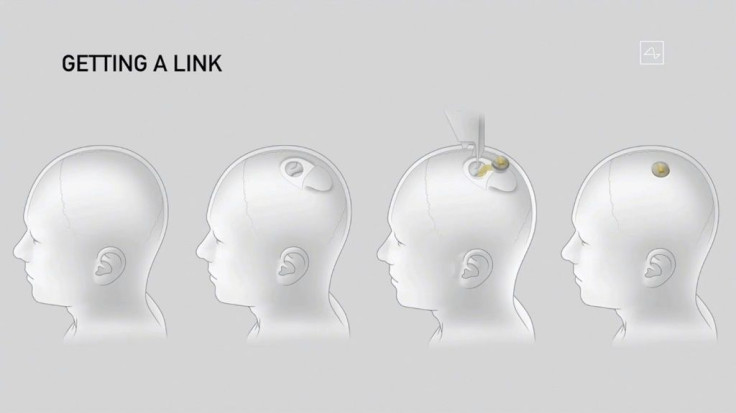Neuralink Could Bring People And Machine Together, Sell Private Thoughts, Disrupt Smartphone Industry
KEY POINTS
- Neuralink, founded by Elon Musk, aims to help cure neurological conditions
- Musk showed the video of a monkey playing a video game using his mind
- The video earned both praises and admiration from fans and critics
Following the latest updates on Neuralink's milestones, as well as the new footage of a monkey playing MingPong, founder Elon Musk is ready to put the ultra-high bandwidth brain-machine interfaces on humans. Nonetheless, while Neuralink's progress received praises and admiration, it also attracted criticisms from experts and tech ethicists.
Neuralink, a neurotechnological company, aims to help cure neurological conditions like spinal cord injuries, dementia and Alzheimer's disease. The technology that it has is predicted to be the next wave to disrupt the smartphone industry massively. Essentially, the brain-machine interfaces of the company connect the human brain to computers. This enables users to communicate wirelessly with everyone.
According to Medium, Neuralink's technology and smartphones share the same goal -- to communicate. People might change their minds when presented with a better solution or way on how to do it. "A disruption always takeover an existing industry by scale, so when this happens, brain-machine interfaces could not only change the way we communicate but also how we think," the report noted.

It further illustrated that while "smartphones and computers will be the new Television, Neuralink’s technology will be the new iPhones." Another interesting possibility that Neuralink could offer in the future is "a brain-machine interface’s ability to connect brains to the cloud and all its resources," said David Tuffley, a senior lecturer and researcher at Griffith University in Australia.
"In theory, a person’s own 'native' intelligence could then be augmented on demand by accessing cloud-based artificial intelligence," he explained. The science communicator believes that human intelligence could be greatly multiplied by Neuralink's technology by allowing users to "facilitate a high-bandwidth exchange of images and ideas from one to the other." Tuffley continued that "In doing so, they could potentially exchange more information in a few seconds than would take minutes, or hours, to convey verbally."
However, some experts are still skeptical about how well Neuralink's technology works. With the surging concerns about companies selling users' data to other businesses for profit, others are worried that Neuralink could be the harbinger of the time when data privacy and even users' thoughts might be sold to anyone who can afford it. Susan Schneider, Director of Florida Atlantic University’s Center for the Future Mind, said in a recent interview that "Without proper regulations, your innermost thoughts and biometric data could be sold to the highest bidder.”
Schneider is also concerned that “People may feel compelled to use brain chips to stay employed in a future in which AI outmodes us in the workplace.” Anna Wexler, a medical ethics and health policy professor at the University of Pennsylvania, wrote an opinion for STAT following Musk's video of Pager, the monkey playing MindPong. Wexler said, "I doubt we will have accurate, mind-reading consumer devices in the near future."
She noted that "neuroscience is far from understanding how the mind works—much less having the ability to decode it." According to Wexler, she's concerned about the likelihood of "false claims." She recognizes Neuralink's employees working on developing what seems to be a legitimate medical device. However, Wexler noted that "the company’s co-founder is fond of making grandiose and bombastic claims about the potential for that same technology to cure all diseases and allow humans to merge with AI.”
Neuralink still needs the nod of the FDA to proceed with human testing.
© Copyright IBTimes 2025. All rights reserved.





















